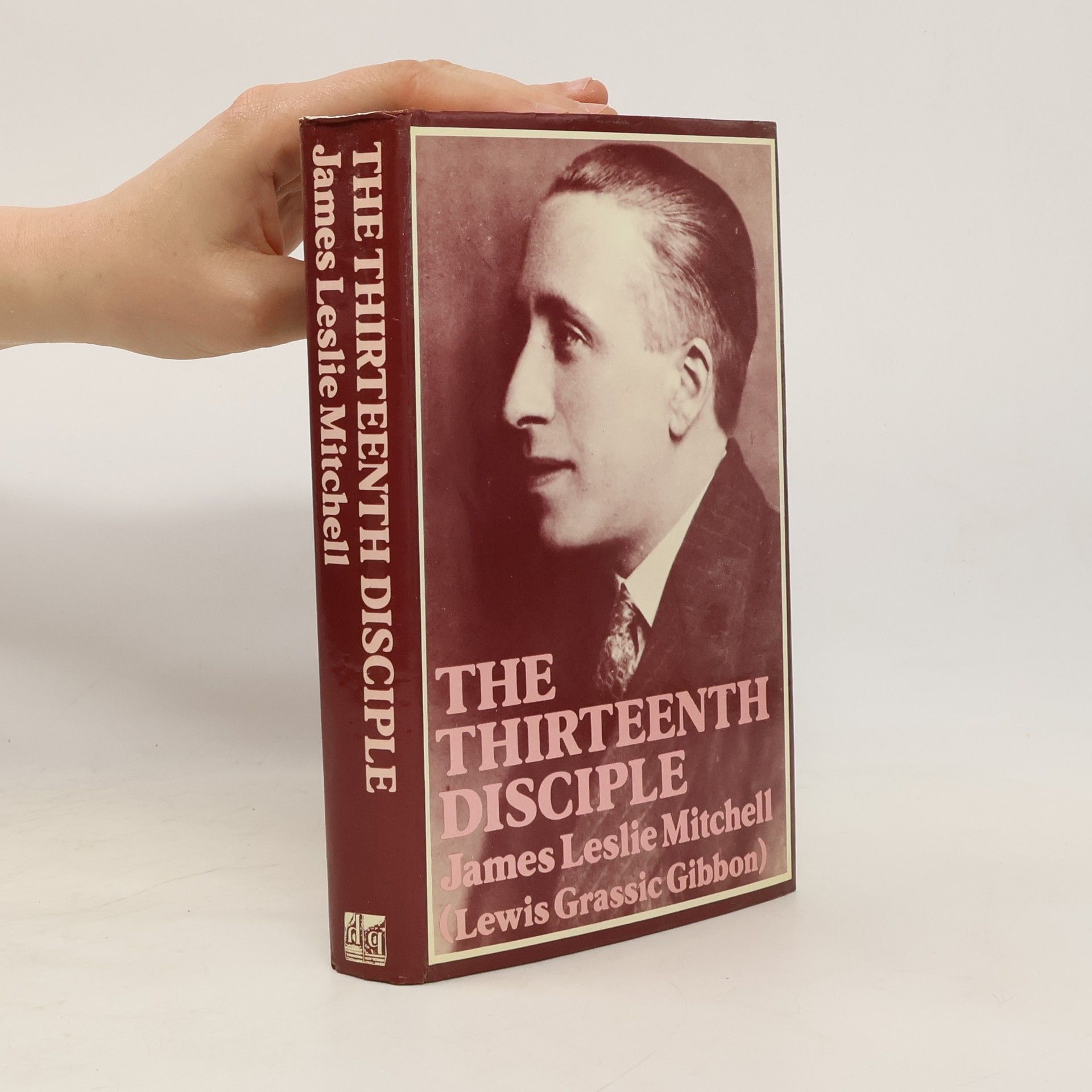A Scots Quair
- 696 pages
- 25 hours of reading
A Scots Quair is revolutionary—innovative in its form, deft and humorous in its use of the Scots language, courageous in its characterization and politics. Central to the trilogy is Chris Guthrie, one of the most remarkable female characters in modern literature. In Sunset Song, Gibbon's finest achievement, the reader follows Chris through her girlhood in a tight-knit Scottish farming community: the seasons, the weddings, the funerals, the grind of work, the gossip. As the Great War takes its toll, machines replace the old way of life. Cloud Howe and Grey Granite take Chris from her rural homeland to life in an industrial Scotland and the desperate years of the Depression. The trilogy as a whole is a major achievement, a picture of a society undergoing traumatic and far-reaching transformation. Always readable, never sentimental, A Scots Quair is one of the most important works of modern Scottish literature.









